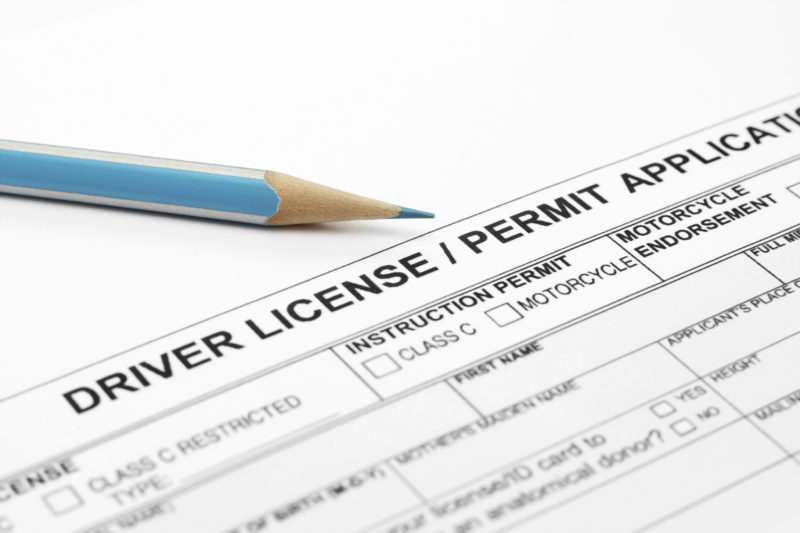The New York Department of Motor Vehicles (DMV) recently enacted provisions to get drivers who are repeat DWI offenders off the road. These new DMV rules are affecting tens of thousands of people in New York State. The regulations were passed as an emergency act; and they came into being because a growing number of people contacted the governor’s office, demanding to know why people with five or six DWIs on their lifetime driving record could still have a license to drive a car.
The DMV’s “Dangerous Repeat Offender” provisions extend over a driver’s lifetime for any unsafe driving history or infractions. The new rules have placed major restrictions on people who are seeking to get their license back after it has been revoked. In some cases, a driver can have their license permanently revoked, not only because of the number of DWI offenses on their record over the course of their lifetime, but also due to any other traffic offenses that are on their lifetime driving record. These guidelines impose stiff penalties on those with a history of alcohol and drug-related driving convictions.
The Specifics
New DMV regulations that took effect in October 2012 affect drivers who have had multiple alcohol or drug-related convictions or incidents. The new regulations apply to those who have been determined to be “dangerous repeat alcohol or drug offenders” who are trying to get their driver’s licenses back after they have been revoked.
Under 15 NYCRR § 132.1(b), a “dangerous repeat alcohol or drug offender” is defined as being (1) any driver who, within their lifetime, has five or more alcohol or drug-related driving convictions or incidents in any combination, or (2) any driver who, within the 25 years preceding the date of commission of a highpoint driving violation, has three or four alcohol or drug-related driving convictions or incidents in any combination and in addition has one or more serious driving offenses within the 25 years preceding the date of the commission of a high-point driving violation.
In terms of these rules, alcohol or drug-related convictions or incidents include both per se DWI offenses where a driver had a blood alcohol content of .08 percent or greater and common law DWI offenses where a driver is found to be operating a vehicle while they are in an intoxicated condition. This provision also applies to separate convictions for refusing to submit to a DWI chemical test. The new rules define “high-point driving violation” as any violation for which five or more points are assessed on a driver’s record under 15 NYCRR § 131.3. The regulations define the phrase “serious driving offense” as (1) a fatal accident, (2) a driving related Penal Law conviction, (3) a conviction of two or more high-point driving violations, other than any violations that form the basis of a lifetime driving record review, or (4) 20 or more points from any violations, other than any violations that form the basis of a lifetime driving record review.
Those drivers who have five or more alcohol or drug-related convictions on their lifetime driving record and who have had their license revoked will be permanently denied relicensing subject to compelling or extenuating circumstances. Drivers who have had three or four alcohol or drug-related driving convictions or incidents within the preceding 25 years, including a serious driving offense will be permanently denied re-licensure, subject to compelling or extenuating circumstances.
Those drivers who have had their license revoked and have been convicted of an alcohol-related offense and who have had three or four alcohol or drug-related driving convictions or incidents without any serious driving offense in the last 25 years will be denied re-licensure for five years in addition to the statutory revocation period, then can obtain re-licensure with a restricted license and ignition interlock for five years.
Drivers who have had their license revoked for a non-alcohol-related offense and who have had three or four alcohol or drug-related driving convictions or incidents without any serious driving offense in the last 25 years will be denied re-licensure for two years in addition to the statutory revocation period, then allowed to get a restricted license for two years, without having to install an ignition interlock device.
Drivers who have had two alcohol or drug-related driving convictions or incidents and who have had their licenses revoked will not be able to obtain re-licensure until the end of the statutory minimum revocation period.
The attorneys at the law firm of Nave DWI Defense Attorneys are experienced in handling DWI cases. If you need a lawyer who can help you obtain the best possible outcome in your DWI case, call the law firm of Nave DWI Defense Attorneys.
The exclusive purpose of this article is educational and it is not intended as either legal advice or a general solution to any specific legal problem. Corporate offices for Nave DWI Defense Attorneys are located at 432 N. Franklin Street, Suite 80, Syracuse, NY 13204; Telephone No.: 1-866-792-7800. Prior results do not guarantee a similar outcome. Attorney Advertising.





